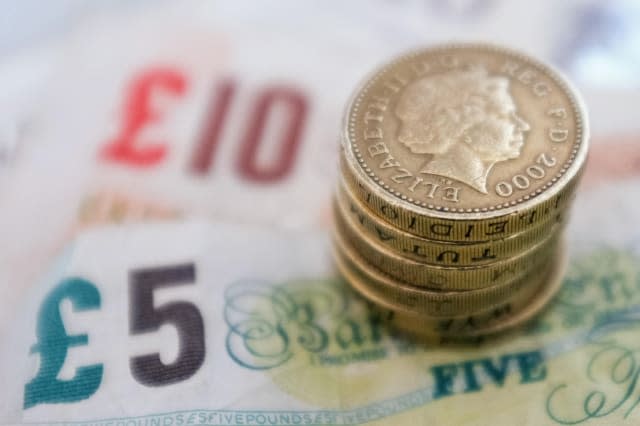How low inflation could impact on your lifestyle

With the level of UK inflation falling to a 15-year low of 0.5% in December, there has largely been a discussion of why it is good news for consumers and for the economy.
However, is this really the case, or could low inflation turn out to be a major problem for the UK that impacts negatively on your lifestyle in the longer term?
Higher Disposable Income
A low inflation rate means that household budgets in the UK are now under less pressure than they have been since the start of the financial crisis. In other words, the cost of living is rising at a very low rate, and this means that wage increases are likely to be higher than it during 2015. As a result, the amount of disposable income in the pockets of UK consumers is now rising in real terms (i.e. after inflation has been deducted) for the first time in around eight years.
The effect of this is likely to be significant. For starters, it means that UK consumers will spend more on discretionary items such as holidays, cars, and technology items, and this should be good news for the wider economy. In fact, it could create a snowball effect that increases the profitability of companies that benefit from higher spending, which can then afford to pay higher wages, which, in turn, makes the increase in disposable income (in real terms) even more pronounced.
Earn a top rate on your savings: compare accounts
Longer Term Problems
A low inflation rate, though, can quickly become a problem for the wider economy. As we have seen in the Eurozone, low inflation can easily become deflation and this can create havoc for any economy. That's because it dissuades consumers from buying goods and services, since they will be cheaper at some future point and, unless they are staple items such as food and clothing, then demand for goods and services declines.
This usually pushes an economy into recession and it becomes something of a downward spiral, with confidence falling and it being very difficult to reverse. As we have seen in the Eurozone, the response to deflation has been a €1.1 trillion quantitative easing programme and, here in the UK, the Bank of England's Monetary Policy Committee is now unanimous in wanting to keep interest rates low (which helps to stave off deflation).
Debt Issues
In addition, with the UK government and UK consumers having such huge debts, low inflation makes paying them off far more difficult. For example, if you owe £1,000 and pay it back over the course of ten years, it will be easier for you to make repayments if inflation is relatively high. Certainly, it will not change the amount you owe, but the value of the amount you owe will become less over the course of the ten year period.
However, if inflation is low then the value of the amount you owe will fall at a much slower rate and make repayment more challenging. With the UK continuing to add to its total debt via a deficit that is still very substantial, low inflation could pose severe long term problems.
Earn a top rate on your savings: compare accounts
The Impact On Your Lifestyle
If inflation remains low but does not become a negative figure (i.e. deflation) then it is generally good news for you and your lifestyle. You will probably start to notice that you have more cash in your back pocket and that your cost of living is under far less pressure than it has been in the past. In other words, in the short term you will probably consider it to be a positive thing.
However, if you have debts then, in time, it may not be as straightforward as you had envisaged to repay them. And, if we do have deflation and a recession, then clearly it will hurt your lifestyle to a relatively large degree and make high levels of inflation seem like a relatively attractive prospect.
So, while low inflation eases the pressure in the short term, it's not necessarily as great a situation as many commentators and politicians would have you believe. And, as a result, it could be worth taking an even greater control over your finances moving forward.
For that reason, The Motley Fool has written a free and without obligation guide called 7 Simple Steps For Seeking Serious Wealth.
It's a step-by-step guide that could help you to take advantage of whatever the economic circumstances are and, as a result, could help you to retire early, pay off your mortgage, or simply enjoy a more abundant lifestyle.
Click here to get your copy of the guide - it's completely free and comes without any obligation.
Read more on AOL Money
Eight items for less: what will be cheaper this year?
Do you have any idea how prices are rising?




